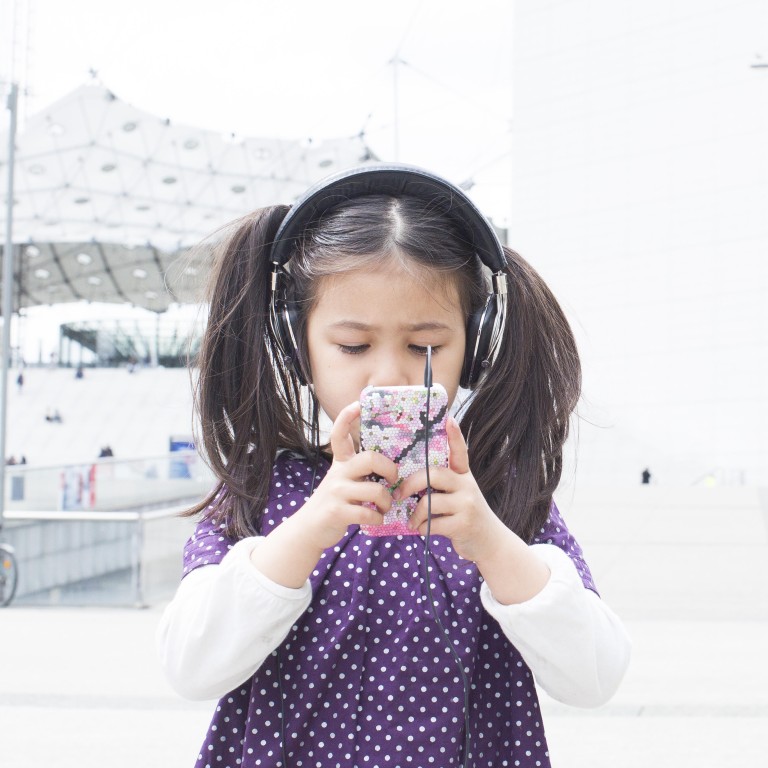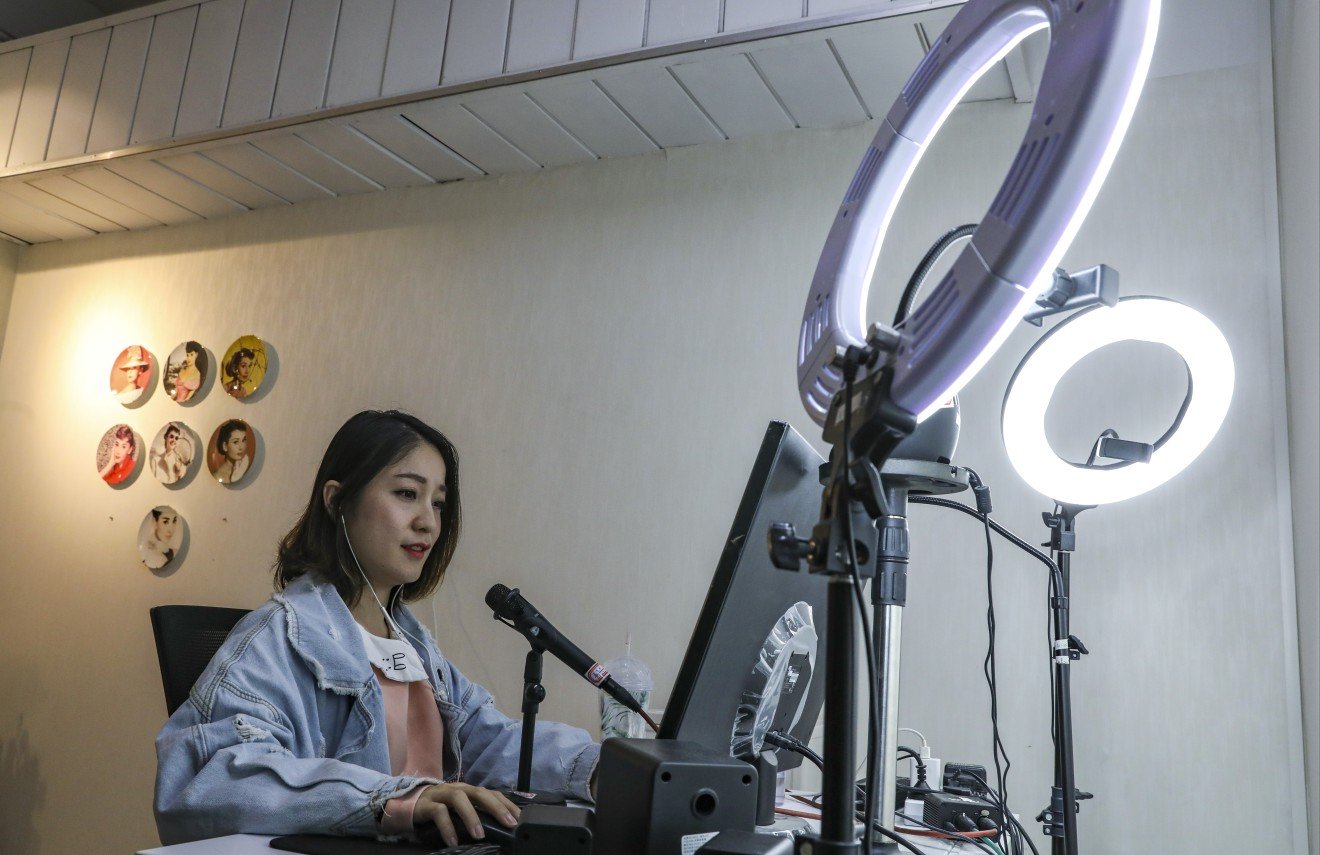
China may use facial recognition to stop kids from live streaming
All-China Youth Federation proposes ways to ban minors from hosting live streams
If you’re under 18 in China and want to play one of the most popular mobile games in the world, Honor of Kings (aka Arena of Valor), you will need to pass an AI facial recognition test. Soon, even tuning into live streamed videos might require the same.
Arena of Valor, China’s mobile League of Legends, is aiming to be the world’s go-to mobile esport
Facial recognition was just one suggestion the ACYF put forward as a way to regulate one of China’s most popular time-killers. The organization called for a complete ban on minors hosting live streams, as well as using big data or random checks to track them down.
Tencent, China’s social and entertainment giant
Live streaming is another hugely popular activity among kids in China – around 45% of the country's live streaming users are school children, according to numbers compiled by the Communist Youth League Central Committee. Its popularity has brought a fair share of criticism from the government – including outright bans on certain content.

But regulators in China have also made it clear that other types of content are considered undesirable – including making fun of history and showing teenage moms.
For more insights into China tech, sign up for our tech newsletters, subscribe to our Inside China Tech podcast, and download the comprehensive 2019 China Internet Report. Also roam China Tech City, an award-winning interactive digital map at our sister site Abacus.

